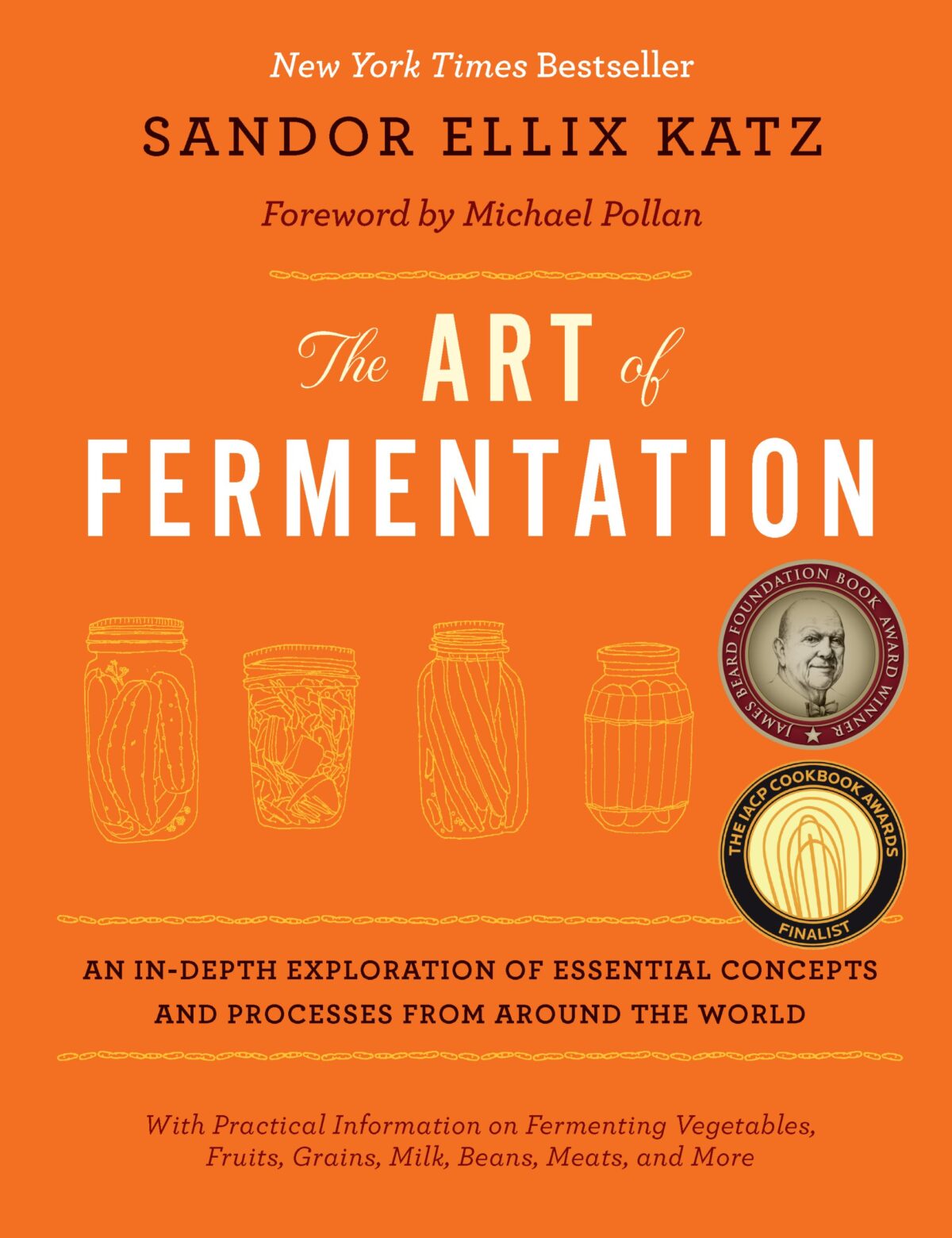Description
Price: $39.29
(as of Apr 26,2024 21:29:22 UTC – Details)
Winner of the 2013 James Beard Foundation Book Award for Reference and Scholarship, and a New York Times bestseller, The Art of Fermentation is the most comprehensive guide to do-it-yourself home fermentation ever published. Sandor Katz presents the concepts and processes behind fermentation in ways that are simple enough to guide a reader through their first experience making sauerkraut or yogurt, and in-depth enough to provide greater understanding and insight for experienced practitioners.
While Katz expertly contextualizes fermentation in terms of biological and cultural evolution, health and nutrition, and even economics, this is primarily a compendium of practical information―how the processes work; parameters for safety; techniques for effective preservation; troubleshooting; and more.
With two-color illustrations and extended resources, this book provides essential wisdom for cooks, homesteaders, farmers, gleaners, foragers, and food lovers of any kind who want to develop a deeper understanding and appreciation for arguably the oldest form of food preservation, and part of the roots of culture itself.
Readers will find detailed information on fermenting vegetables; sugars into alcohol (meads, wines, and ciders); sour tonic beverages; milk; grains and starchy tubers; beers (and other grain-based alcoholic beverages); beans; seeds; nuts; fish; meat; and eggs, as well as growing mold cultures, using fermentation in agriculture, art, and energy production, and considerations for commercial enterprises. Sandor Katz has introduced what will undoubtedly remain a classic in food literature, and is the first―and only―of its kind.
From the Publisher
















From the introduction:
“Fermentation can be a centerpiece of economic revival. Relocalizing food means a renewal not only of agriculture but also of the processes used to transform and preserve the products of agriculture into the things that people eat and drink every day, including ferments such as bread, cheese, and beer. By participating in local food production—agriculture and beyond—we actually create important resources that can help fill our most basic daily needs. By supporting this local food revival, we recycle our dollars into our communities, where they may repeatedly circulate, supporting people in productive endeavors and creating incentives for people to acquire important skills, as well as feeding us fresher, healthier food with less fuel and pollution embedded in it. As our communities feed ourselves more and thereby reclaim power and dignity, we also decrease our collective dependency on the fragile infrastructure of global trade. Cultural revival means economic revival.”
MORE TITLES FROM CHELSEA GREEN PUBLISHING














Reviews
There are no reviews yet.